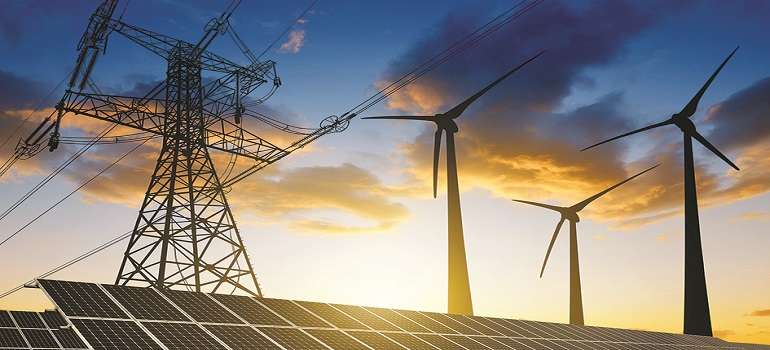
Mini grids powered by decentralised renewable energy can provide long term solution for the country’s electrification requirements, says a report.
The report prepared by the Renewable Energy and Energy Efficiency Partnership (REEEP) also said the central utility grid is 70 per cent powered by electricity generated from coal.
The proportion of fossil fuels is expected to be more than 50 per cent of the energy mix in 2040, despite high targets for renewable energy generation capacity and heavy investment towards it.
REEEP is an international multilateral partnership.
“Decentralised Renewable Energy (DRE) mini grids can be an efficient long-term solution to India’s electrification objectives, providing cleaner power more quickly and more efficiently than utility companies in the near term, with the ability to strengthen the resiliency of the central grid in the long term,” the report said.
Such mini-grids are quickly deployed and reasonably priced and can be integrated with the main grid at a later date, it noted.
ALSO READ: MNRE Releases Concept Note on Solar PV Manufacturing Scheme
Generally, a mini grid is defined as a system that uses a renewable energy-based generator having a capacity of 10 kilowatt or more to supply electricity through a public distribution network.
According to the report, mini-grids powered by DRE and operated by distributed energy service companies (DESCOs) — which provide an utility-like service on a for-profit basis — can offer a long-term, solution for the under-served.
ALSO READ: IIEST lights up bulbs with solar, wind & vegetable-waste power
However, the report said that DESCO-operated mini-grids are not yet viable on a purely commercial basis, due to high up-front capital expenditures, low levels of initial effective demand and high levels of uncertainty among investors as to the sector’s long-term viability.
India expects to meet around 40 per cent of its energy needs from renewable sources by 2030.
Ultimately, it would require long-term cooperation between the public and private sectors in order to render DESCO-model mini-grid deployments viable at scale and attract sufficient amounts of domestic and international investment, the report observed.
Source: PTI

